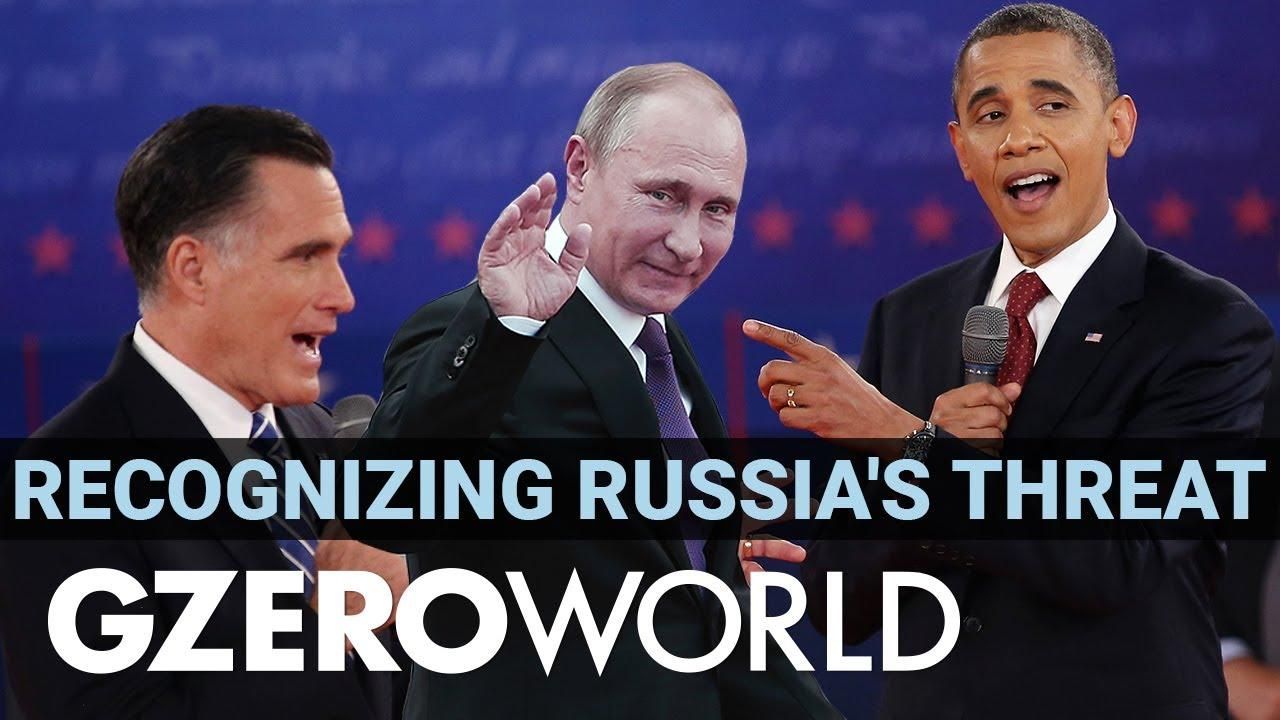GZERO World Clips
Mitt Romney on the threat Russia poses to the world

Mitt Romney On The Threat Russia Poses To The World | GZERO World

It was nearly 11 years ago that then-presidential candidate Mitt Romney sat on stage with then-president Barack Obama and was ridiculed for identifying Russia as America’s chief geopolitical foe. Looking back today, the Utah Senator stands by what he said then. And he looks a heck of a lot smarter on the subject today than he may have in 2012. “They were a geopolitical adversary. No question about it. Every initiative that we had at the UN, they would block.”
In the latest episode of GZERO World, Ian Bremmer sits down with Senator Romney in his DC office to discuss a range of geopolitical issues, including the current threat that Russia poses, not just to Ukraine but to the world at large. But when Bremmer presses the Senator on how far US military support for Ukraine should go, Romney punts the question back onto the Biden administration. “Someone's got to lay out how we get where we want to get as opposed to just hoping that the extraordinary resolve of the Ukrainian military and of their people, that that'll be enough.”
Watch the GZERO World episode: Sen. Mitt Romney on DC dysfunction, Russian attacks, and banning TikTok
In this Quick Take, Ian Bremmer breaks down the growing tensions between the US and Iran, calling it "the next area of potential large-scale conflict where President Trump is interested in changing the facts on the ground."
392,000: The estimated number of people displaced across Mozambique by recent rain-induced floods. Severe flooding in the southern African nation, as well as in South Africa and Zimbabwe, has killed over 100 people.